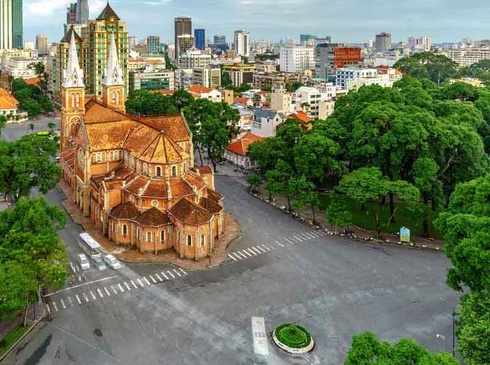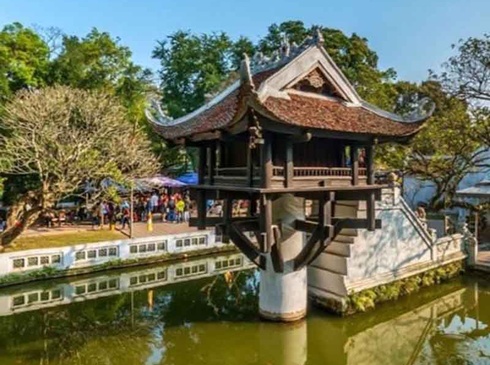Unpacking Vietnam’s Colonial Past: The Legacy of French Rule
Vietnam’s history is quite complex, and one of the most significant periods in the country’s history was the long reign of French colonialism starting in the mid-19th century that lasted until the end of the Second World War. During this time, the Vietnamese people experienced a period of immense control and powerlessness that would shape the country’s future direction significantly. In this article, we will take a closer look at the impact of French colonialism in Vietnam, how it shaped the country, and how it contributed to its eventual independent-state status.
.jpg)
The French Colonization in Vietnam
The French arrived in Vietnam in the mid-19th century, and at that time, the country was divided into different regions controlled by various Vietnamese dynasties. Despite the fact that France was only seen as a potential trading partner, they quickly made moves to establish themselves as rulers over Vietnam. This was the start of a long period of colonization that lasted for decades. During this period, numerous French administrators and troops were sent to Vietnam, and a lot of Vietnamese men were forced to work for the French in jobs such as in plantations and mines.
The Effects of Colonialism on Vietnam
Perhaps the most significant effect of French colonialism on Vietnam was the country’s transformation into a modern state. The French introduced many western ideas, such as French agricultural practices, architecture, and education systems that helped to modernize Vietnam. However, France’s desire to exploit Vietnam’s resources and people also led to changes in the traditional Vietnamese way of life. This included the enforcement of the French language over the Vietnamese, the introduction of new legal systems, and the control of the economy - all of which contributed to Vietnam’s gradual loss of culture.
.jpg)
The Vietnamese Resistance Against Colonialism
The Vietnamese eventually grew weary of the French occupying their land and administering their culture in a way that was foreign and unneeded. Indigenous uprisings against the French began in the 1880s, and there were many attempts to kick the French out in the coming years. The most significant movement against the French colonial power was spearheaded by Ho Chi Minh in the 1940s, who worked to create a unified anti-French movement that would lead to the country’s independence later on.
The Aftermath of French Colonialism
Ultimately, France’s rule over Vietnam would end in the 1950s after years of resistance and bloodshed by the Vietnamese people. The aftermath of French colonialism, however, was not without its struggles. Despite its new-found independence, Vietnam spent the next decades trying to recover from the damage that had been done during the French reign of power. From building a new economy from the ground up to navigating diplomatic disputes with other nations, Vietnam had its work cut out for it.
.jpg)







